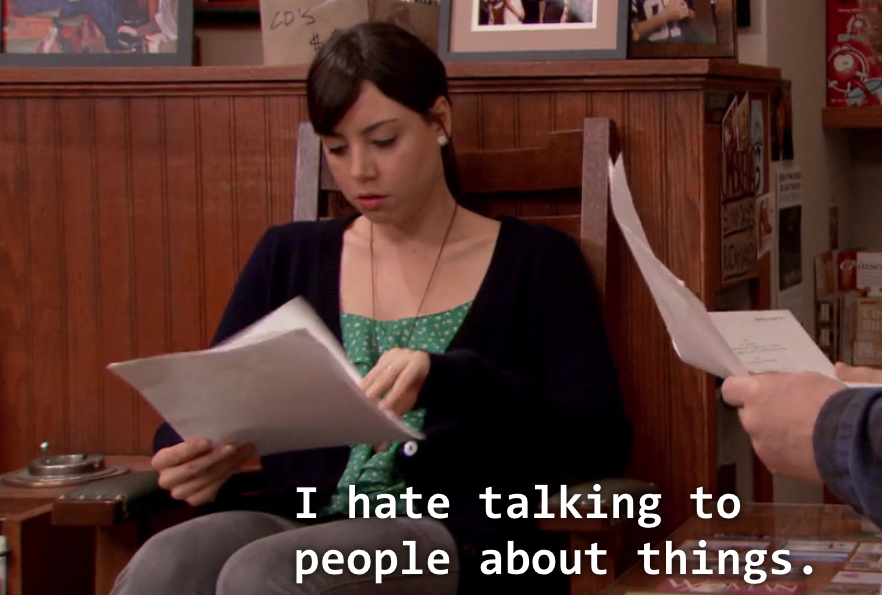I recently published an essay on Jezebel that prompted around 1,200 responses in the comments section, an amount I found exhilarating and weird. Many of the comments had nothing to do with my essay at all, they were comments related to other comments, and sometimes even comments related to other comments that related to other comments — a veritable Russian nesting doll of comments.
My favorite commenter was a person who openly refused to read my essay beyond the first two paragraphs. I frequently read only the first two paragraphs of essays, so I strongly identified with this person’s lack of stamina. What I couldn’t grasp, though, was why she felt compelled to begin (and continue) a conversation with other readers. If one doesn’t like an article enough to finish it, fine, but why not move on? There are a thousand other ways to idle away the hours: dancing, dreaming, hitchhiking, hand-holding. Making your grandmother a papier-mâché pony. Drafting a list of your enemies in alphabetical order, then cross-referencing it against your list of People Who Do Not Deserve a Wikipedia Page. Eating oranges. Staring into space. Binge-watching Netflix original series. Explaining to your children that you never set out to be a role model. Building an underground bunker for when shit hits the fan.
Mostly, though, I was surprised and pleased by what I read. I kept thinking: Are people really this passionate? They’d taken time out of their day — out of their life — to either high-five me or tear me a new one. And all because I had some ideas about politics. Me, a nobody, had some ideas, and somehow other people cared. I’ve never been one for commenting on articles online, at least not on official websites. Every now and then I’ll express a strong opinion on Facebook, freaking out because some conservative senator is a worm or because Elizabeth Warren has stolen my heart and soul, but later I’ll feel wildly embarrassed at the outburst and spend a few weeks laying low.
This is all just to say that a few days ago, a reader of the MQR Blog laid out for me in no uncertain terms her dissatisfaction with a recent piece we posted. Her argument was convincing and fairly thorough, yet when I encouraged her to take her voice to the comments section of our website, or to our Facebook page, or even to Twitter, she declined. This was a published writer with an established career — a person who, arguably, could pack a punch with style — and yet she didn’t want to engage with the essay online, at least not under her real name. (She did offer to write an anonymous counterpoint for the blog; I said no.) She also hinted that a cadre of other writers shared her opinion.
I found myself getting irked. Why such reticence to make a simple comment online that you don’t agree with an essay’s claims? One could maintain a level of tact. “You have a wealth of knowledge and a compulsion to set the record straight,” I wrote, “and yet you decline to do anything but privately email me — why?” I thought of all the people who daily kick off their boots to plunge into the various mud pits of online forums. I invited this reader to do the same. She told me she had no intention of falling for that.
A part of me does understand her lack of willingness to engage. The comments section can be a dismal hole — not on our blog, which I’ve always known to be civil, but on a great many other websites with higher traffic. There are as many trolls lurking under the bridges of Washington Post articles as there are watching Mary Poppins videos on YouTube, and they will not hesitate to school you on important topics ranging from States’ Rights to the real reason JFK was killed. And yet sometimes amazing things happen in the comments section. Smart, edified people jump in to make a point and shut down the haters. Arguments are developed, complicated, and rebutted, sometimes by people who really know what they’re talking about. When that happens, it’s a beautiful thing to behold. It’s a crack of divine light in an otherwise dark world, and it’s a reminder, most of all, that people are paying attention.




